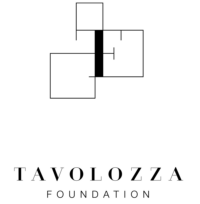Bringing together leading academics in the field and coinciding with the major exhibition Making Modernism at the Royal Academy, this symposium will present new perspectives on artists living and working in Imperial Germany. Paula Modersohn-Becker, Käthe Kollwitz, Gabriele Münter, Marianne Werefkin and Ottilie Reylaender were professional artists at a time when the role of women was being questioned within society. Excluded from the main academies of art in Germany, they each found alternative routes to an artistic education and produced stylistically distinct responses to modernity which challenge conventional interpretations of Expressionism.
This event will explore the role of race, gender and conflict in relation to modernism and consider fresh approaches to the work of these women and other Expressionist artists who were active in Germany during the first few decades of the twentieth century.
Programme:
1.30pm: Introductions
1.35pm: Lynette Roth (Harvard University Busch-Reisinger Museum) ‘Emil Nolde’s Mulatto (1913)’
2.10pm: Nina Lübbren (Anglia Ruskin University) ‘Nude peasant girls in the art of Ottilie Reylaender, Paula Modersohn-Becker and Clara Rilke-Westhoff’
2.45pm: Deborah Lewer (University of Glasgow) ‘Expressionism, War and the Matter of Print’
3.15pm: Q&A – all speakers
3.35pm: Tea & coffee (Research Forum Seminar Room)
4.15pm: Keynote conversation between Dorothy Price (The Courtauld) and Natalia Sidlina (Tate Modern)
5pm: Keynote Q&A
5.25pm: Drinks reception (Research Forum Seminar Room)
Organised by Kellie-Ann Sabin (University of Nottingham) and Anne Grasselli (University of Edinburgh)
Supported by the Tavolozza Foundation






